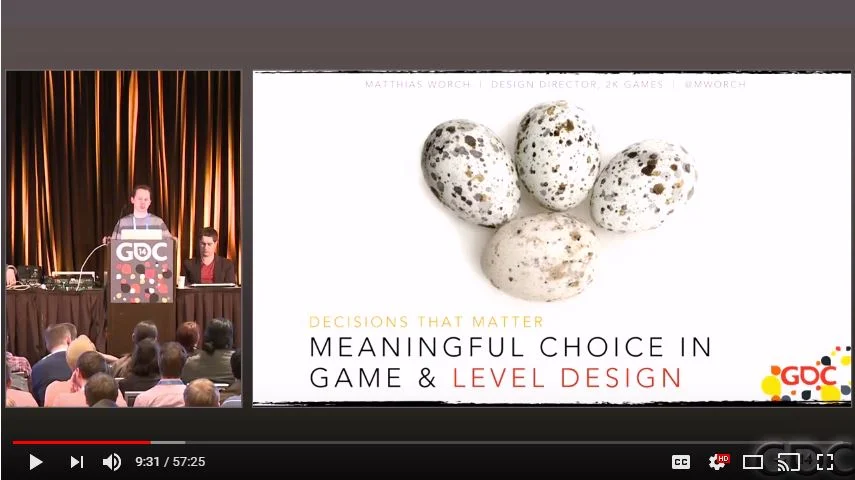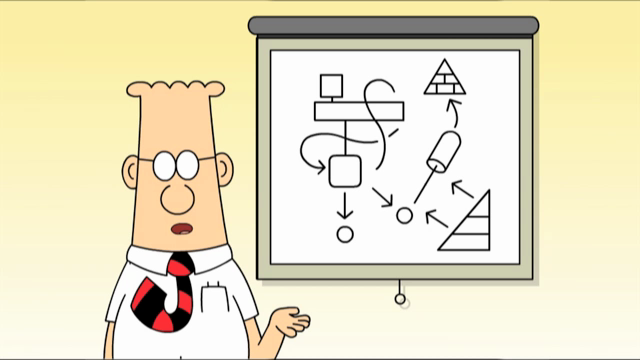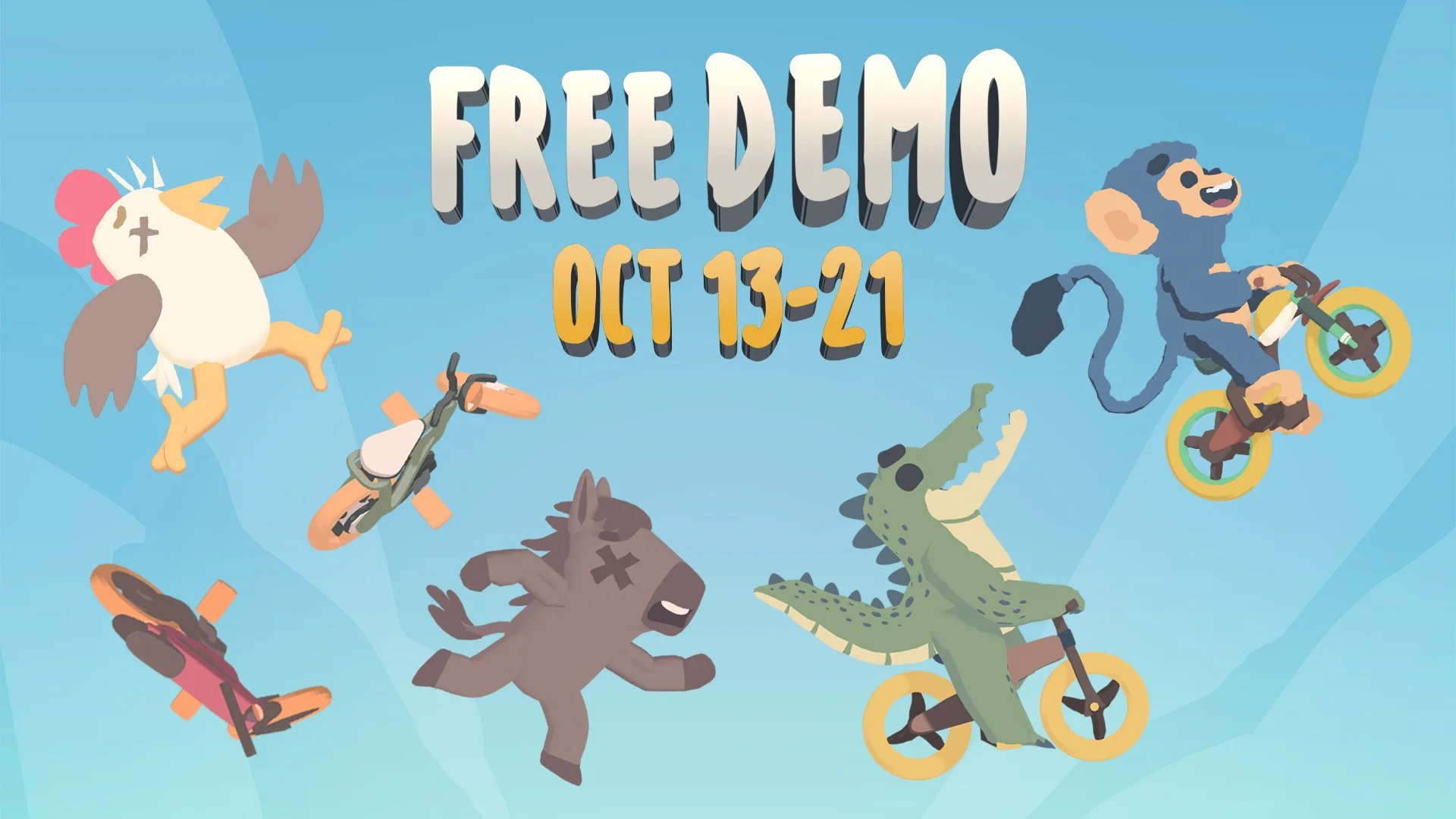Updates and Some Recommended Videos
/As much as people would love to know, we still don't have a release date for our console release on PlayStation 4, Xbox One and Nintendo Switch. The main reason for this is that we want to wait until we pass all of certification before committing to a date. We figure that people will be less upset if we wait, but actually hit the release date we announce, rather than set a date and miss it because of unforeseen issues.
That said, we have a bunch of new content which will be released with console launch, and that content will come free for PC players as well. This new content also comes along with a slew of bug fixes, stability improvements, and quality of life fixes.
I wanted to share today a few videos that are geared toward game developers or people interested in game development. They're all understandable by people who don't work in the industry, and they can address some issues that game developers talk about often.
The first video, from Extra Credits, is about demos. Should you make a demo? Should you not? We had a demo when our Kickstarter launched, and think it was paramount to our success.
The next video is not related to video games necessarily, but has very important ideas about innovation and design and branding. If you haven't seen this video already, you really should, no matter what industry you're in.
This next video is an amazing description of meaningful choice in game design, and does a great job of talking about enemy types and why you need to carefully consider their qualities. One of the biggest issues we see with indie games (that have combat and enemies) is the lack of meaningful choice in combat. These games often default to a hack-n-slash kind of mechanic, even when that wasn't the goal.
This last one is a bit game dev-focused, but could still be interesting to people who like video games but are not necessarily making them.
Anyway, that's all for this update. As soon as we pass certification and choose a release date, we'll make sure to let everyone know.





















